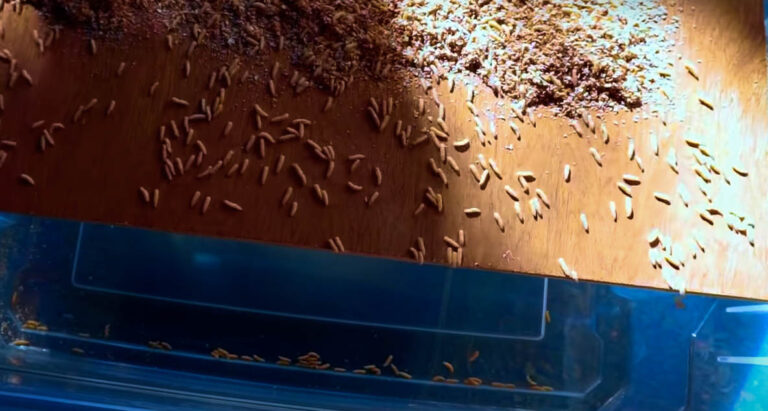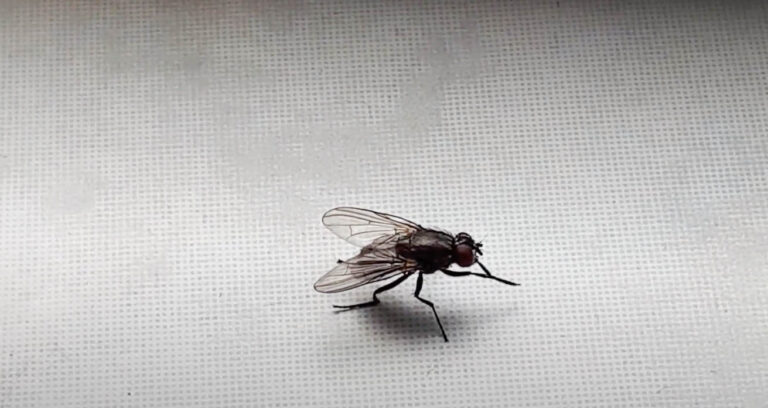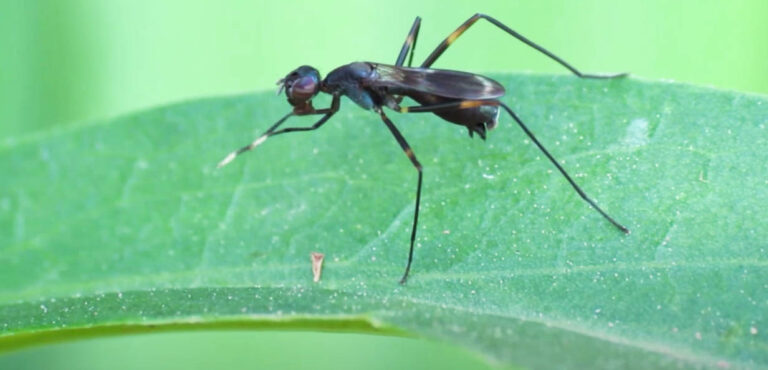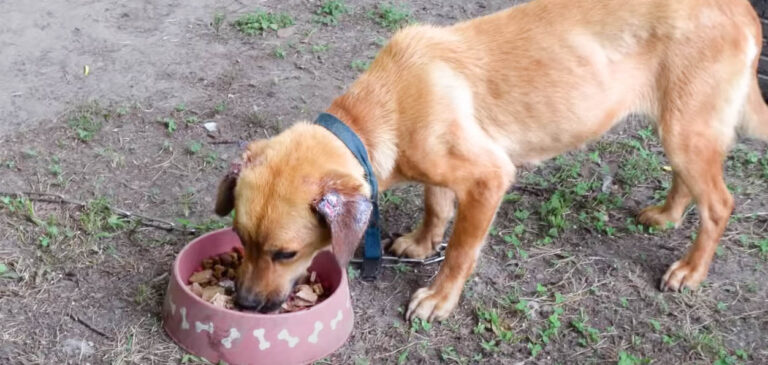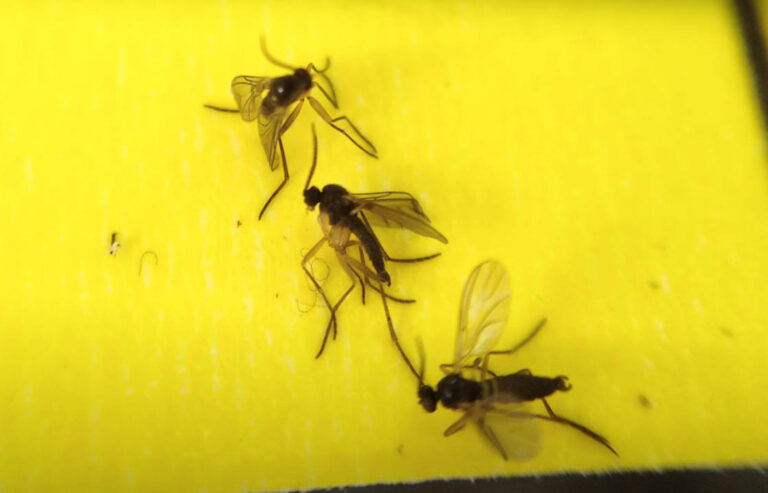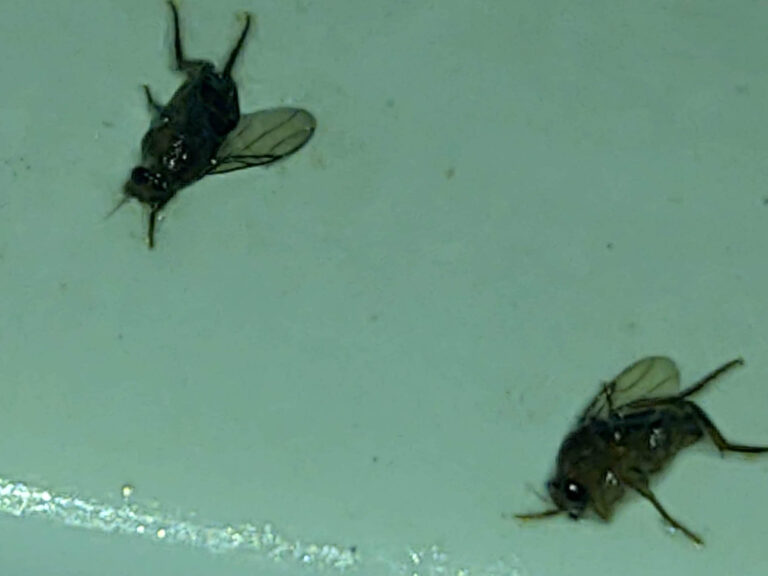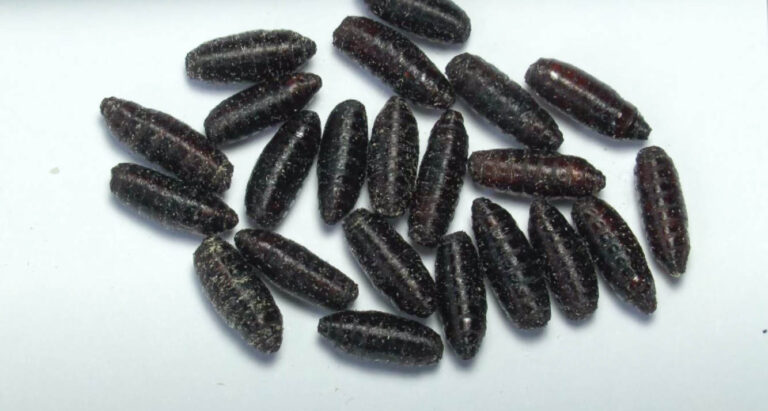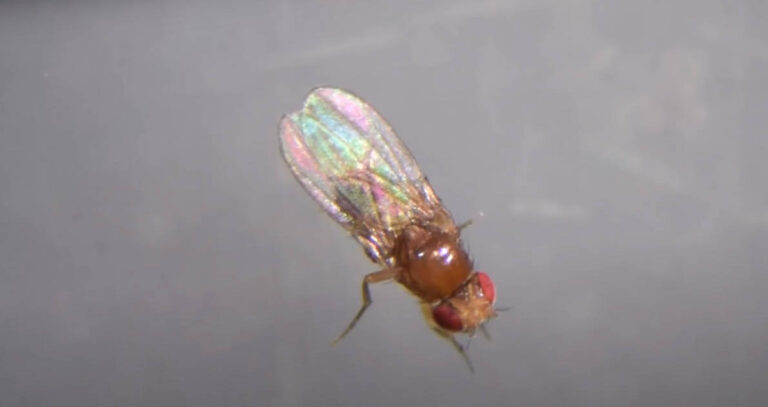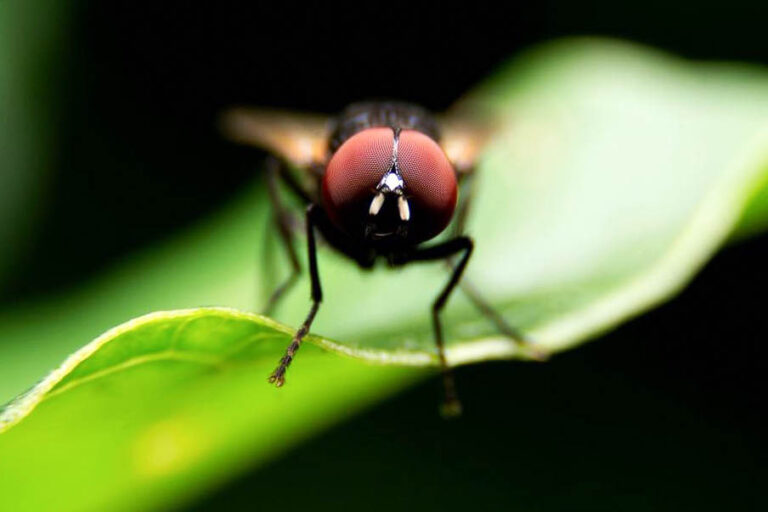Where will a fly lay its eggs?
Where will a fly lay its eggs?
Flies are so annoying when they choose your home or property to set up residence. They are most active during the warm parts of the year, late spring, throughout the summer, and early fall. Flies have a quick reproduction cycle because they normally don’t live long. Not only are flies annoying, they can also carry diseases with them and while they may not bite you, they may land on your food or other surface that you will touch, causing the increased chance of becoming infected. Knowing where flies lay eggs will give you a better idea of how to protect yourself and your family. There are different types of flies and each type has their own lifecycle.
Common Indoor Flies
House Flies
This fly is the most common fly found in homes across the United States. House flies will lay their eggs in moist areas that are starting to decay. Areas include feces, trash, garden waste, and grass. House fly eggs will look pale and are long in shape. They resemble a grain of rice. They hatch into maggots.
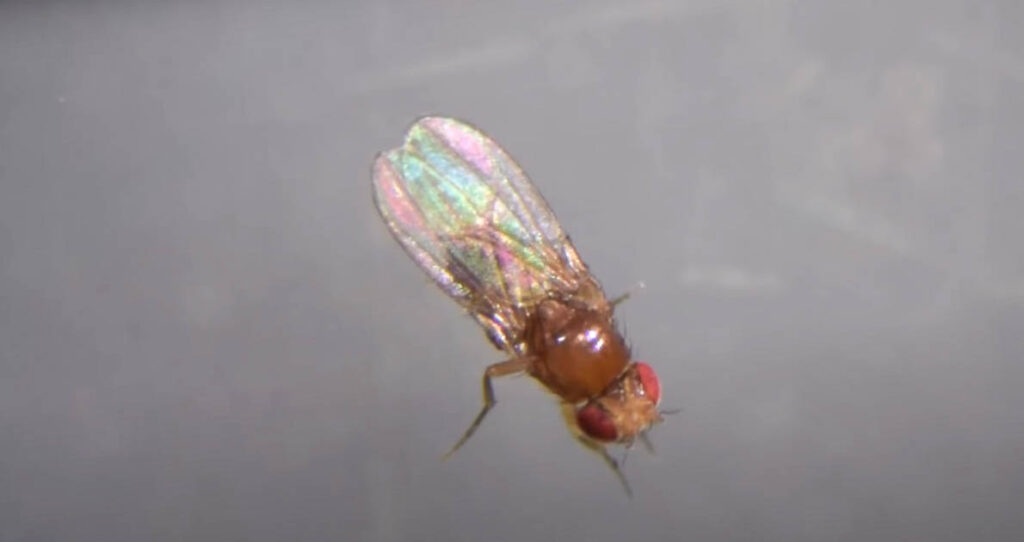
Fruit Flies
Fruit flies like to land on fruit. They lay their eggs inside fruit and can lay hundreds of eggs at one time. These eggs can hatch within twenty-four hours if the temperature and the condition is right. Flies will carefully place their eggs in food left over and exposed in trash cans, organic vegetables, and liquids that may be fermenting and uncovered.
Blow Flies
Blow flies lay eggs on animal feces, rotted meats, and animal carcasses.
Drain Flies
Drain flies like dark and moist areas such as garbage disposals and drain pipes or standing water.
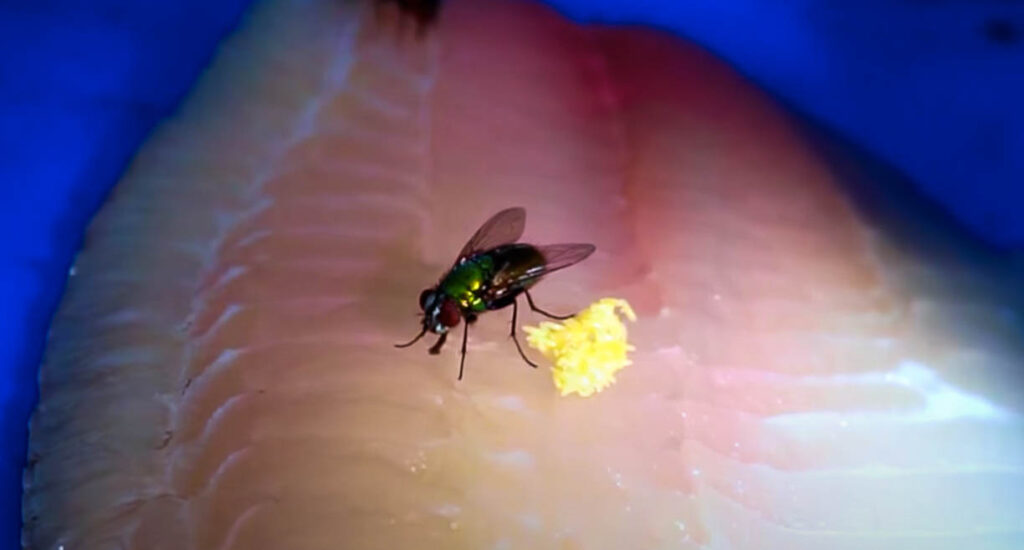
Common Outdoor Flies
Stable Flies
Stable flies tend to lay eggs in matter that is decaying, such as animal feces or a rotting carcass.
Cluster Flies
Cluster flies lay eggs that hatch and can be found in the ground where they can search for earthworms to eat as soon as they hatch. They eventually work their way up out of the ground.
Horse Flies
Horse fly larvae can be found in moist soil near water. Before horse flies can lay eggs, they will need a blood meal first and that is why they bite cattle and horses.
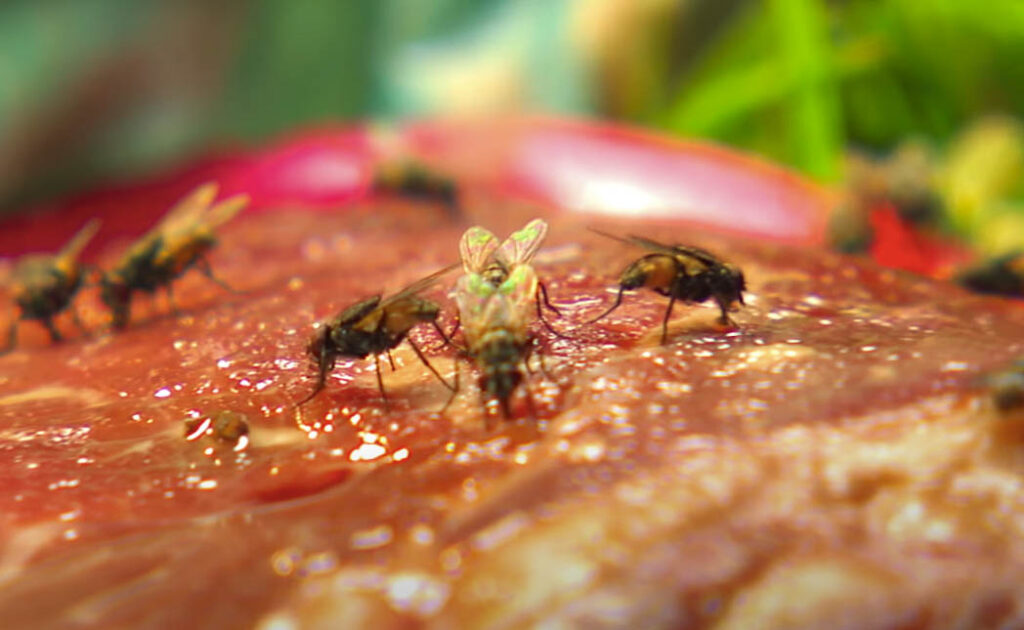
Phorid Flies
Phorid flies lay eggs on decaying matter such as rotted fruits, vegetables, and flowers. Fly eggs and larvae are normally too small to see without getting a closer look for an inspection. If you find any of these fly eggs around, you will want to get rid of them as quickly as possible in order to prevent a swarm from hatching.

